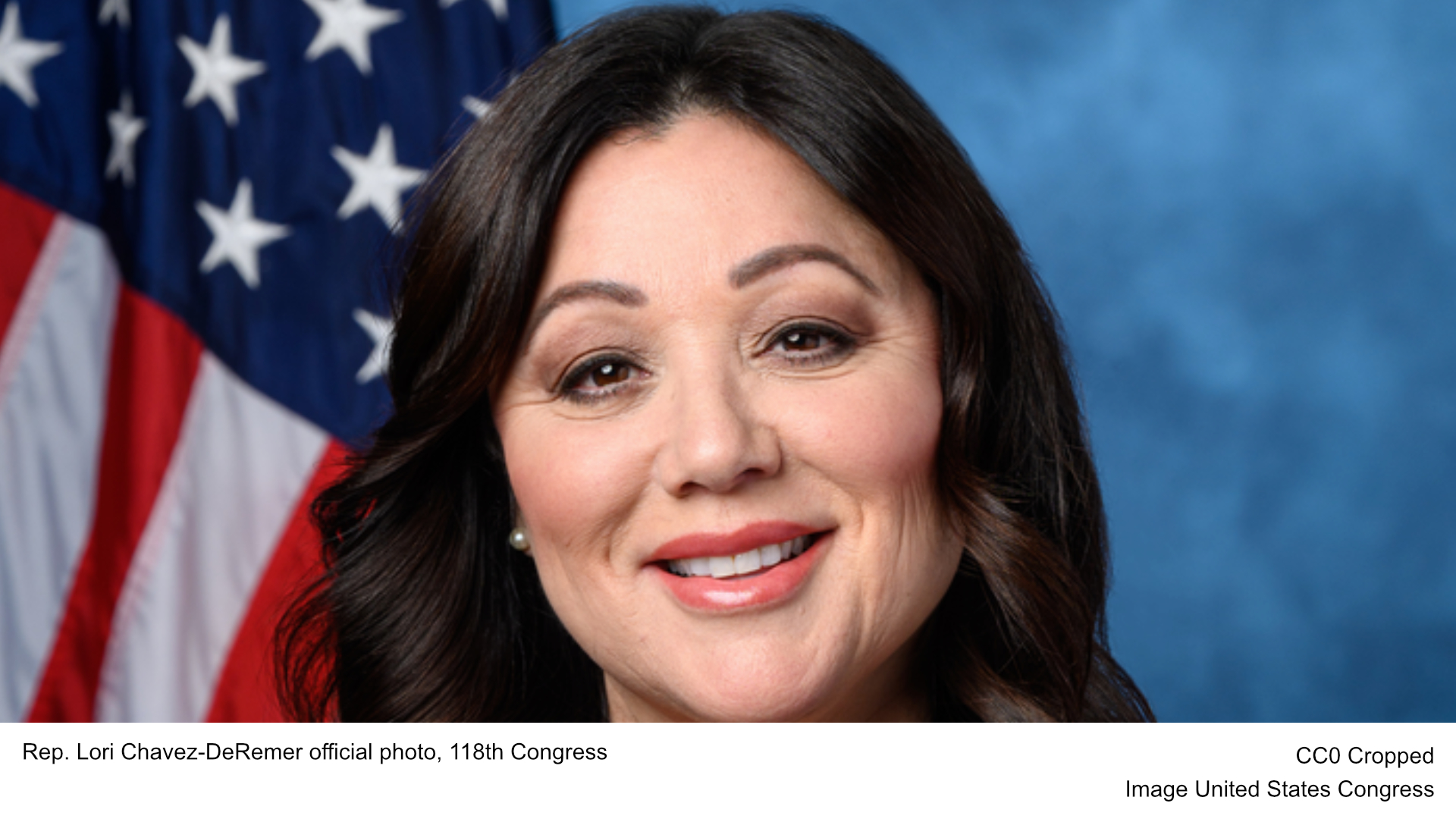As digital privacy becomes a growing concern, companies are under scrutiny for their use of cookies in targeted advertising. These cookies collect user data to personalize advertising and improve user experience. However, many consumers remain wary of how their personal information is used and shared.
Cookies are small data files stored on a user’s device when visiting websites. They track online activity to customize browsing experiences. Some cookies are essential for website functionality, such as remembering login information or language preferences. However, other cookies track user behavior across various sites for advertising purposes.
Companies often use personal information collected through cookies to support targeted advertising, “selling,” or “sharing” as defined by privacy laws. This can result in third parties receiving personal information, a practice many consumers find concerning. To address these concerns, users can opt out of data sharing through browser settings or specific opt-out lists.
The Global Privacy Control (GPC) is one tool that enables users to communicate their opt-out preferences automatically. This tool aims to simplify the process of managing privacy settings across different platforms. However, opting out on one site does not apply to others, meaning users must set preferences for each site visited.
Some companies provide additional options to control data usage. They may offer forms to expand opt-out elections beyond individual websites. Yet, despite opting out, users may still encounter advertising based on previously collected data. Users also have rights to opt out of third-party data sales, which requires separate actions for each third party involved.
Analytics cookies play a role in understanding website performance. These cookies gather data like IP addresses, device types, and page visit times. This information helps companies identify usage patterns and improve website functionality. While analytics cookies collect anonymous data, they still contribute to the broader data collection landscape.
The growing awareness of data privacy has prompted legislative actions worldwide. Laws like the General Data Protection Regulation (GDPR) in the EU emphasize user consent and data protection. In the U.S., the California Consumer Privacy Act (CCPA) offers residents rights regarding their data. These laws require companies to be transparent about data collection and provide opt-out mechanisms.
As digital interactions increase, the debate over data privacy and cookies intensifies. Companies must balance business interests with user privacy concerns. Providing clear information and easy-to-use privacy settings can help build consumer trust.




